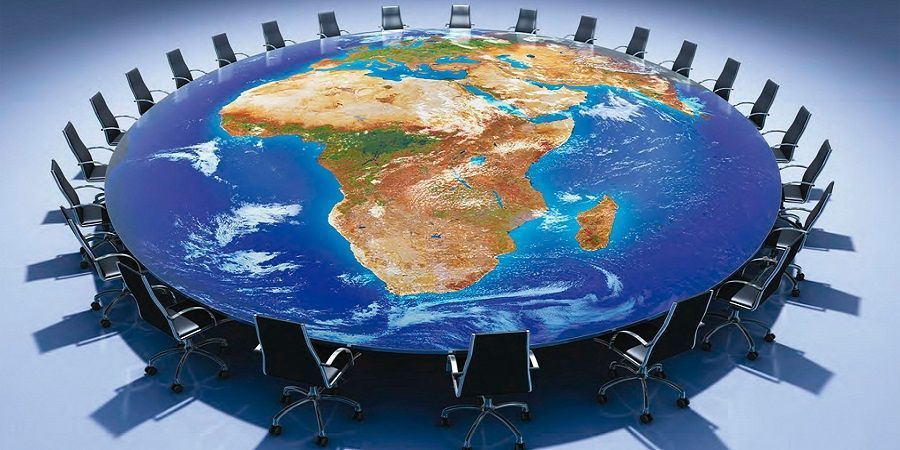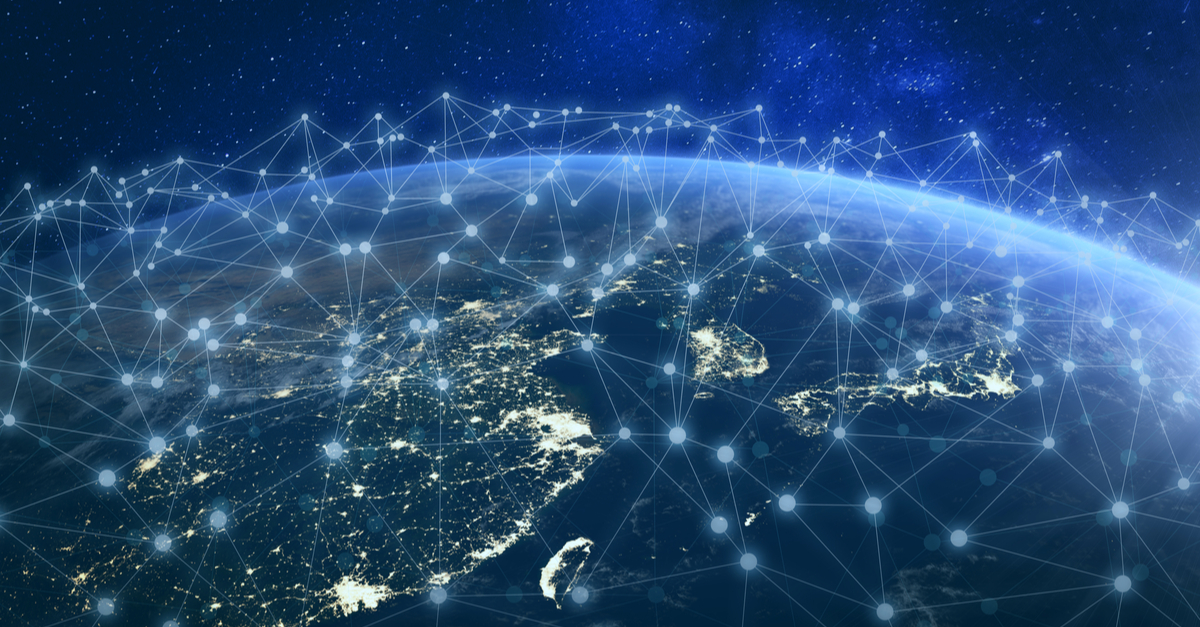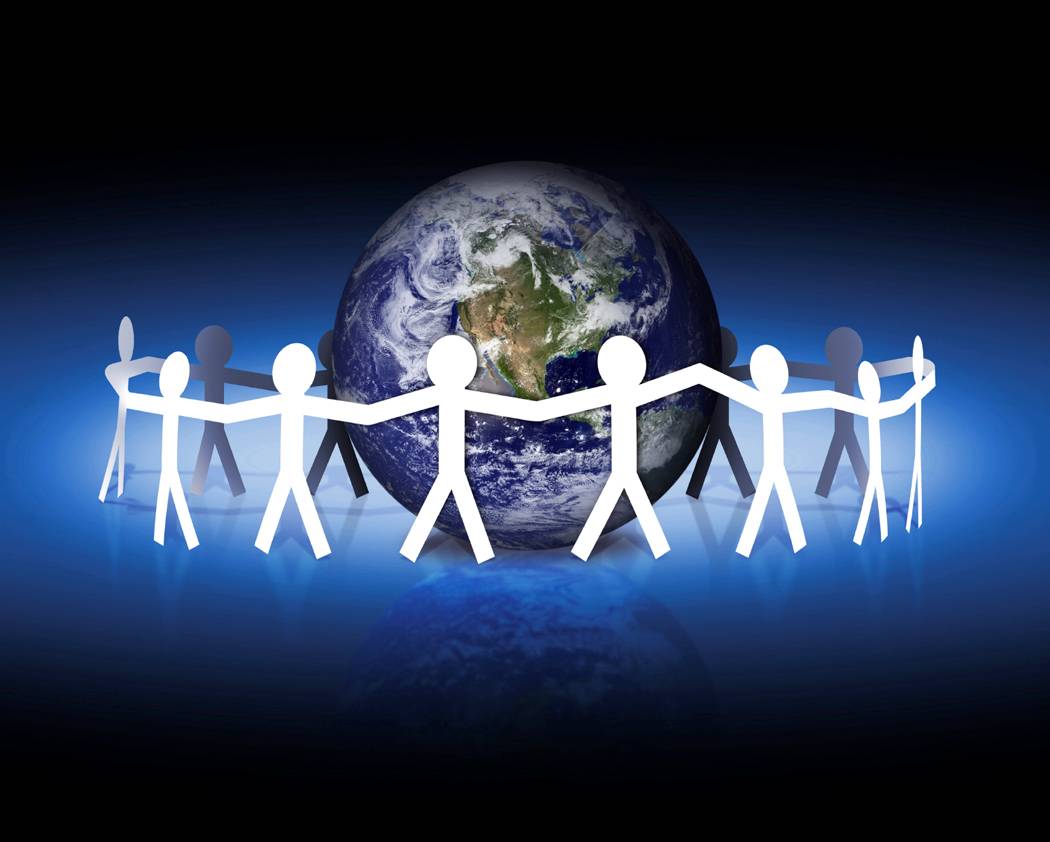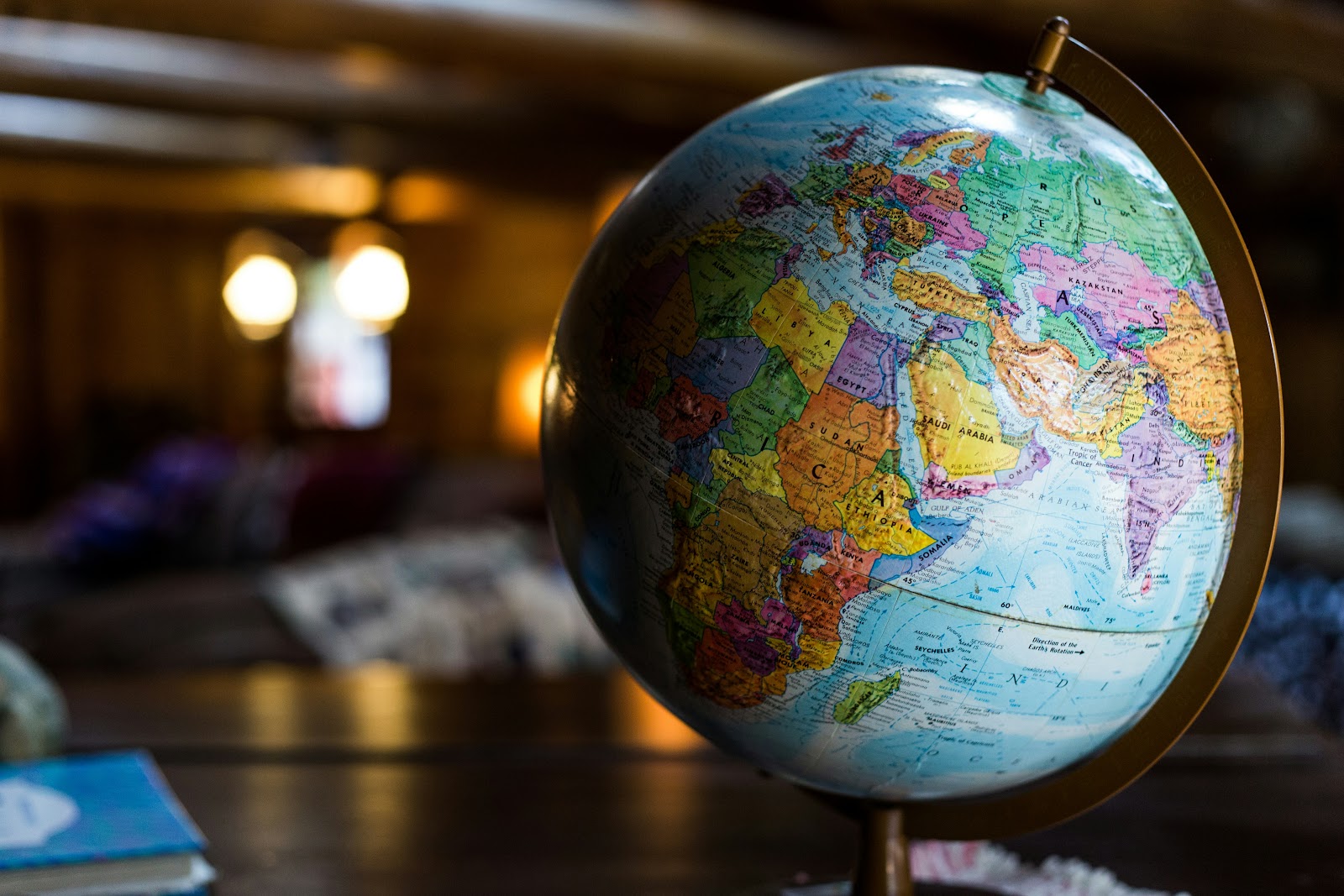What is globalization in simple terms.


Each country has its own complex economy, but these countries must also interact with each other. Therefore, studying this issue, it is worth finding out what globalization is and how it actually works.
Let’s start with what globalization is: it is the process of integration and interdependence of the economies of different countries through the growth of international trade, investments, migration, and the exchange of information. In other words, it is the ability to build economic relations between countries.
What is globalization in simple terms

Simply put, globalization is a process related to the increase in interaction between countries, companies, and people, leading to the creation of a global network of economic, cultural, and political connections. Hence the term globalization. Undoubtedly, for every country, the internal economic situation remains a priority, however, international relations are also important. They primarily influence currency rates and the possibility of its devaluation (some depreciation of currency against other currencies).

How globalization occurs:
-
International trade. It primarily concerns the increase in the volume of trade between countries due to the reduction of trade barriers (for example, tariffs and quotas). This allows countries to export their goods and services to global markets and import products that they cannot produce themselves. Export and import are incredibly important.
-
International investments. Companies invest in production and business outside their countries. If there are investments, there is a flow of money and job creation. All this positively influences the economy of the country.
-
International companies. Large companies expand their presence in global markets by opening branches and production facilities around the world. This is also an important stage.
-
Labor migration. This process has come to the forefront in recent years, as there are currently an incredible number of migrants, for instance, in Europe.
-
Technological advances. The development of the Internet, transportation technologies, and communications accelerates the exchange of information, goods, and services.
-
Global financial markets. Financial markets have become more integrated, allowing capital to move between countries at high speed. They are gradually evolving, reflecting the situation (financial) in each individual country.

In general, globalization is an incredibly important process that benefits all countries.
Why is globalization so important?
Globalization, as a fairly natural process, has its significant advantages. What is meant:
-
Economic growth. Globalization contributes to economic growth through increased exports, investments, and innovations.
-
Market expansion. Companies gain access to global markets, allowing them to increase sales and profits.
-
Access to technology. Countries can more quickly adapt and implement advanced technologies.
-
Job creation. The development of international trade and investment contributes to job creation.
-
Access to goods and services. Consumers gain access to a wider range of goods and services at lower prices.

If we consider this process separately from other economic processes, globalization is incredibly beneficial.
What problems can arise because of globalization?
Despite all the advantages, globalization has its drawbacks. More precisely, the problems and risks that may arise from globalization:
-
Economic inequality. Globalization can exacerbate economic inequality between countries and within countries. Wealthy countries and companies might gain more from globalization compared to poorer ones.
-
Threats to local industry. The import of cheap goods can lead to the destruction of local producers and a reduction in jobs in high-production-cost countries.
-
Cultural homogenization. Globalization can lead to the loss of cultural diversity, as dominant cultures displace local traditions and customs.
-
Environmental problems. The increase in production and trade can lead to environmental degradation due to the rise in greenhouse gas emissions and depletion of natural resources.
-
Dependence on global markets. Strong dependency on global supply chains makes economies vulnerable to external shocks, such as economic crises or natural disasters.
-
Social tension. Migration and economic changes can lead to social conflicts related to job losses, inequality, and cultural differences.

Therefore, globalization cannot be the simplest process. When considering globalization, it is important to take into account the risks, advantages of the process, and stages of its development.
Read also
- What to see in Bukovel: winter, summer and autumn
- What to see in Iceland: in winter, in summer, on a tour
- What is p2p and pay2pay transfer
- Best Adult Films: TOP 5 Films










